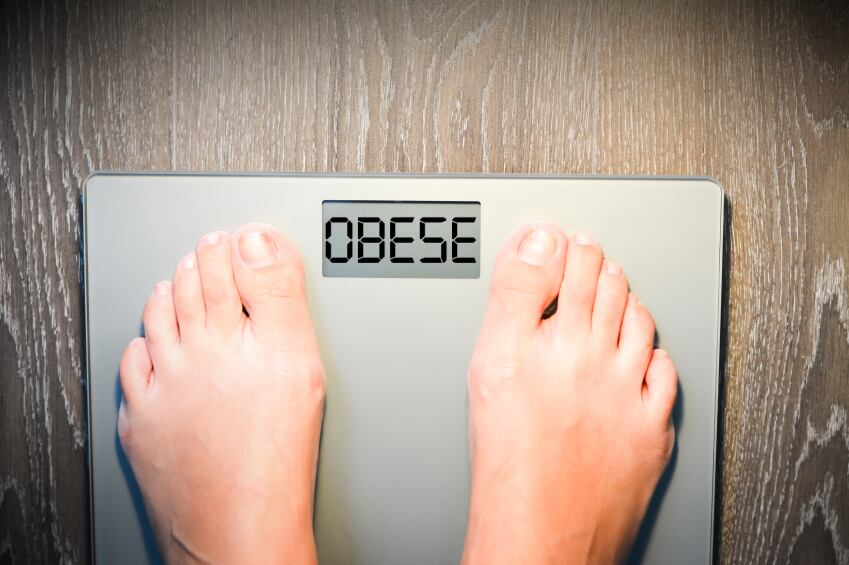The potential cardiovascular and immune support benefits of Spirulina, a blue-green alga, are widely reported and numerous products making these kinds of structure-function claims can be found on the US dietary supplements market.
New research published in the PubMed listed journal Nutrition Research and Practice supported the potential benefits in non-obese subjects, with LDL cholesterol reduced after 12 weeks of supplementation with a daily 8 gram dose. However, no such changes were observed in obese participants.
Scientists from the universities of Kookmin and Dongseo also reported that interleukin-2 (IL-2) concentrations increased following spirulina supplementation for all study participants, but the increases were much greater in the non-obese people. IL-2 is an anti-inflammatory cytokine that plays a key role in the immune response.
“It is uncertain whether this is due to pathological and immunological changes caused by the obesity itself, or to relatively low spirulina supplementation to the weights of obese people,” wrote the researchers. “It is clear that obese people require different doses of spirulina supplementation compared with the non-obese group.”
The researchers point out that other studies with bioactives such as L-carnitine and curcumin have indicated that obese individuals did not respond to doses deemed efficacious in lean participants.
“Intake guidelines for functional food, including spirulina, are established to be appropriate for the general public. The result of this study shows that intake effect of functional food differs according to personal characteristics including obesity, therefore the guidelines for these foods should be diversified for individuals,” they wrote.
Study details

The researchers recruited 78 elderly Koreans aged between 60 and 87 to participate in their randomized double blind, placebo-controlled study. Participants were randomly assigned to receive either spirulina (8 grams per day) or placebo for 12 weeks.
Results showed that LDL cholesterol levels decreased by an average of 8.4% in the non-obese participants consuming spirulina, but no significant changes were observed in the other groups.
While IL-2 levels increased by an average of 33% in obese participants consuming spirulina, increases were significantly greater in the non-obese participants (54%). Likewise, decreases in IL-6 were greater in the non-obese spirulina consumers, compared to the obese spirulina consumers (21% versus 15%, respectively).
“Our results suggest that obesity may influence the effect of spirulina supplementation,” wrote the researchers. “However the mechanism between obesity and spirulina supplement response it is not yet clear. It can be assumed, as described above, obesity itself may impair immunity and can also induce oxidative stress. Further studies are needed to determine the mechanism of spirulina on lipid profiles, immune variables, and antioxidant capacity based on BMI.”
Source: Nutrition Research and Practice
Volume 10, Number 4, Pages 418-423, doi: 10.4162/nrp.2016.10.4.418
“The influence of obesity on the effects of spirulina supplementation in the human metabolic response of Korean elderly”
Authors: H.J. Park, H.S. Lee
